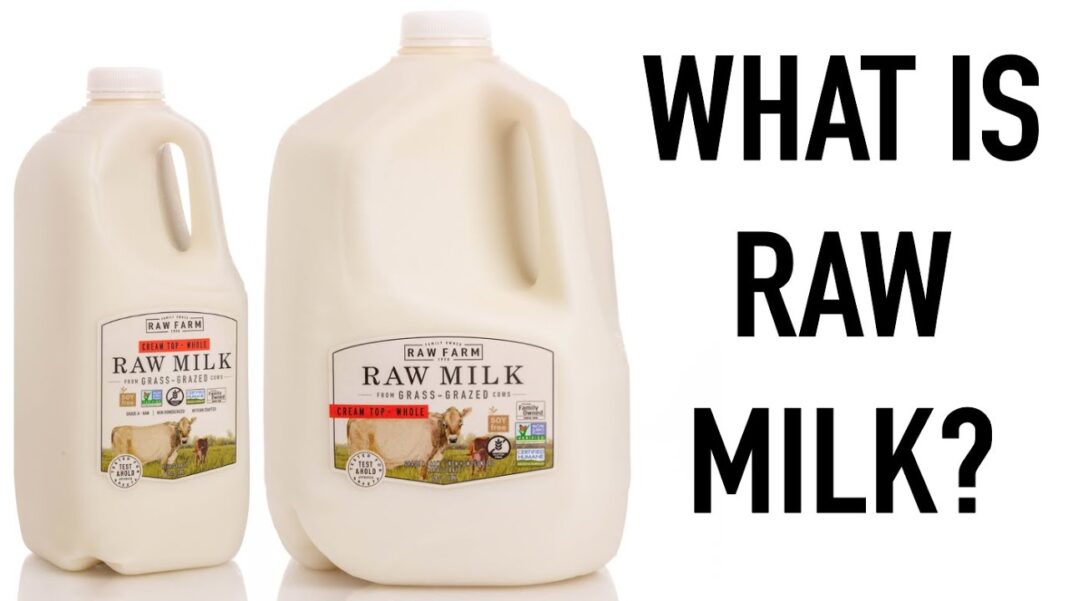‘We just stopped a shipment that was contaminated’ with a radioactive substance, the U.S. Health secretary said.
Health Secretary Robert F. Kennedy Jr. said Tuesday that federal health authorities are taking a closer look at shrimp being imported into the United States after the Food and Drug Administration issued warnings about potentially radioactive shrimp that were recalled last week.
“We have now increased FDA inspections of shrimp to make sure that Americans are not eating … contaminated shrimp,” Kennedy said at a Cabinet meeting in reference to alerts that were sent out about shrimp that was contaminated with Cesium-137, a radioactive isotope.
Kennedy also said that South Asian countries “are now dumping shrimp on our country, and the shrimp is heavily contaminated” and that “we just stopped a shipment that was contaminated with [Cesium-137].”
He continued to say, “They’re farming these shrimps and they’re using bactericides and antibiotics and all kinds of chemicals, and the shrimp are so contaminated. The European nations won’t take them, so they’re dumping them all here. We have the most sustainable and most highly regulated fishing industry in the world. What our fishermen do is a good thing. And all of the trawlers in the Gulf and in Alaska are being shut down.”
Frozen shrimp sold under the Walmart Great Value brand and several brands under the California-based Southwind Foods company were recalled last week because the shrimp may have been exposed to Cesium-137 by an Indonesian processing company, PT Bahari Makmur Sejati, according to the FDA. That company was placed on the FDA’s import alert list last week.
A full list of recalled shrimp can be accessed through the FDA’s website. The impacted bags of shrimp were distributed in more than a dozen states, and customers are advised not to eat the shrimp and return the product to the place of purchase for a refund.
The FDA said that the radioactive isotope, which is the byproduct of nuclear reactions, was discovered in shipping containers and in a sample of shrimp that was imported from Indonesia. The agency said that the detected levels are below FDA thresholds but said that the products could create potential health problems if consumed over a long period of time.
Long-term exposure to low levels of Cesium-137 can increase the risk of developing cancer, say health officials.







